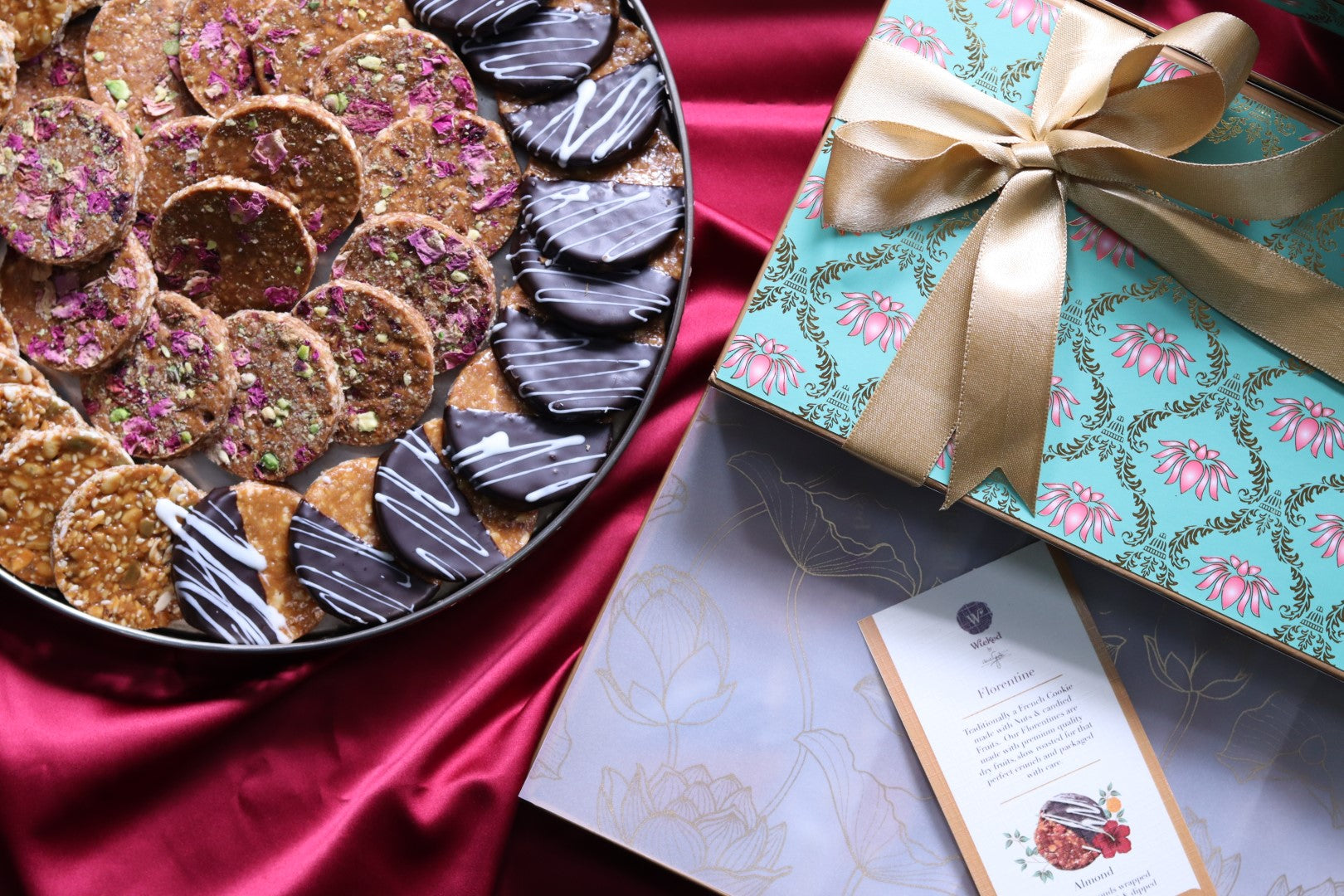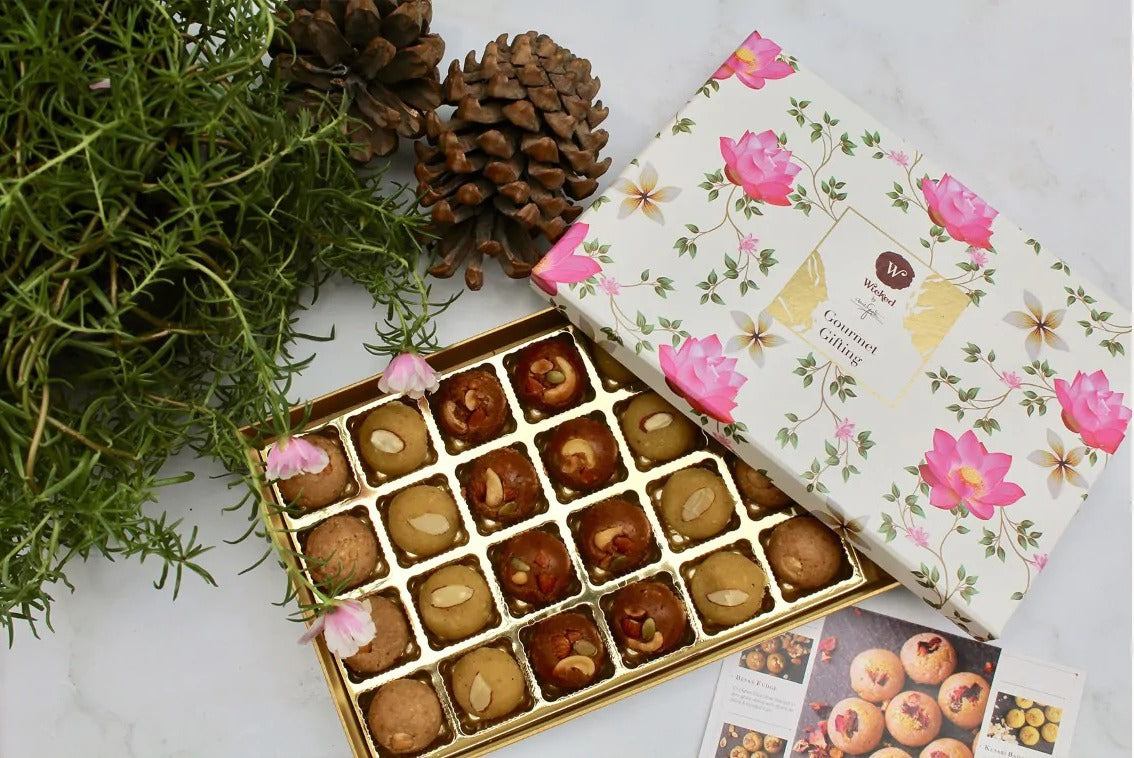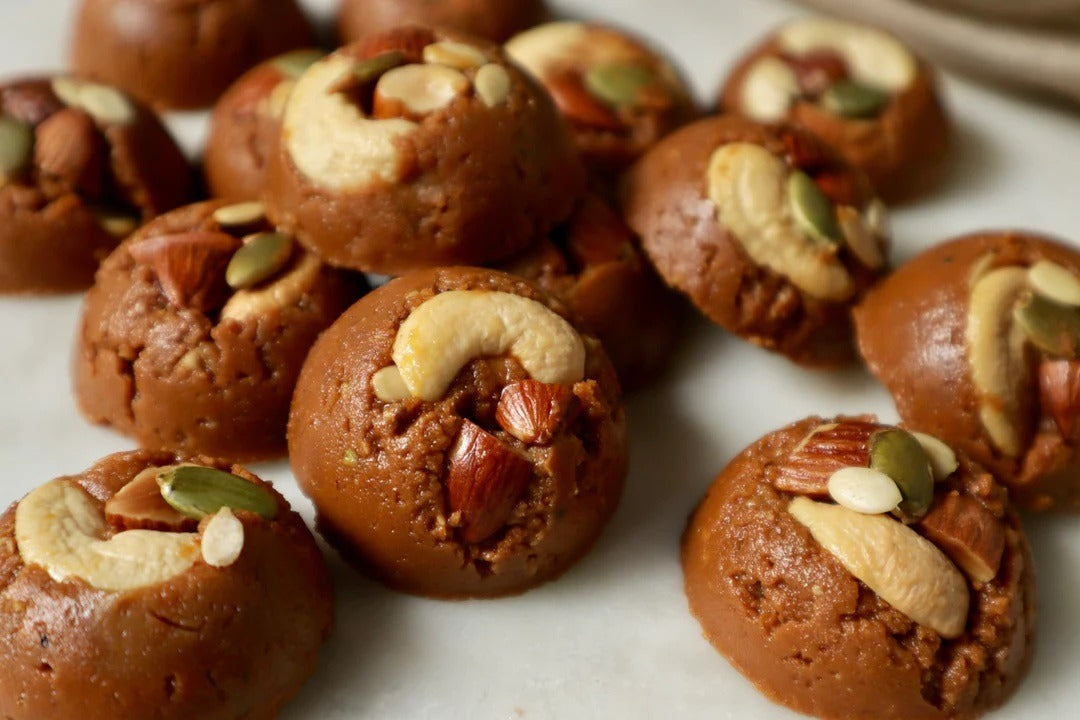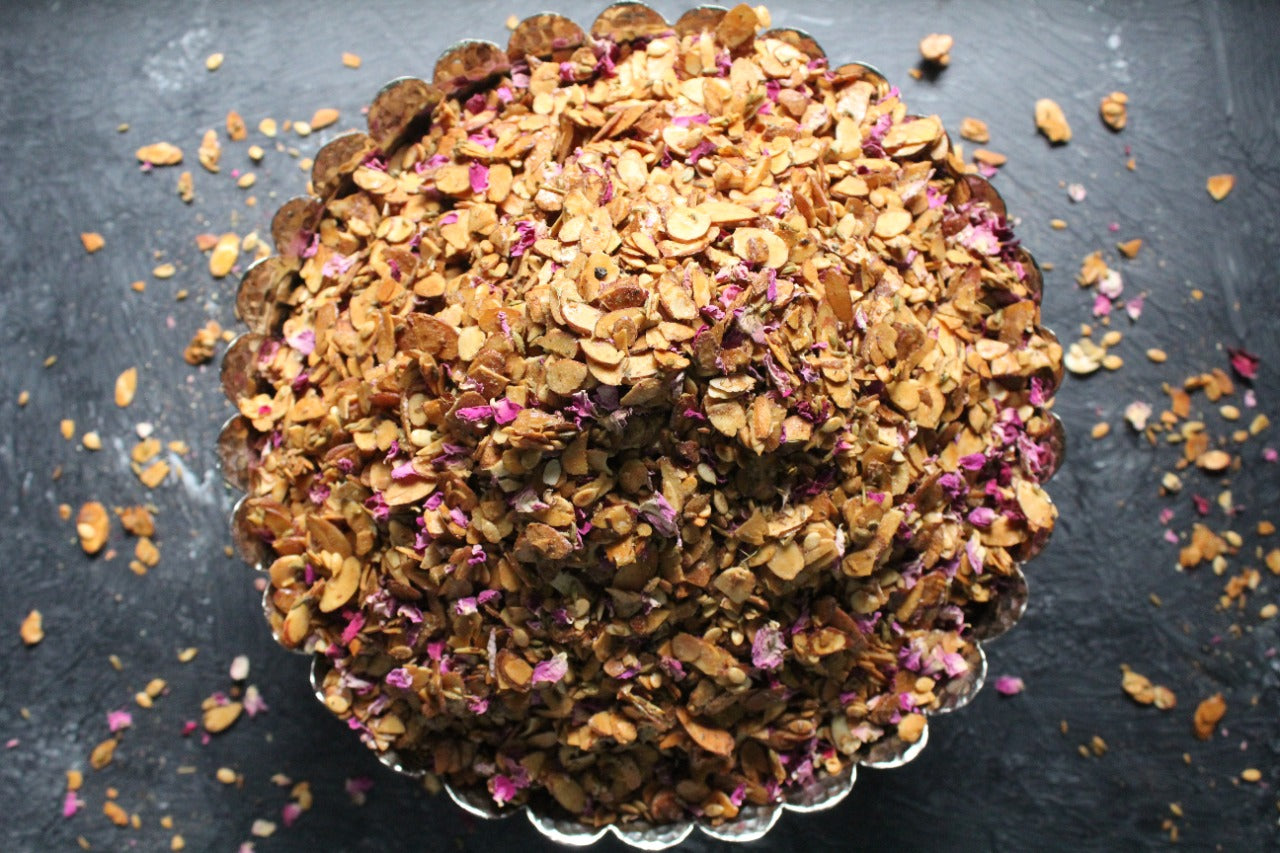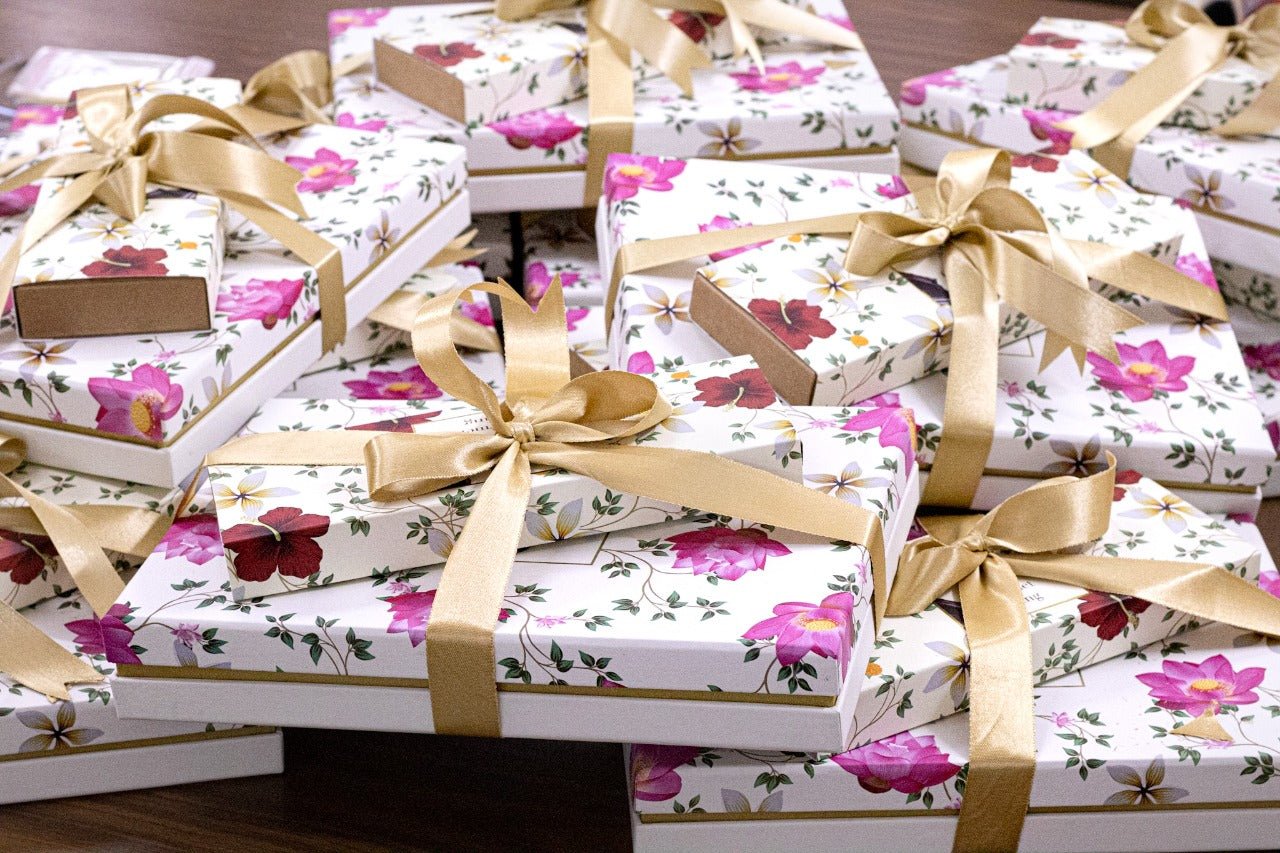25 days of the year 2023 are already gone and we are on the verge of celebrating India’s 74th Republic day tomorrow on the 26th of January. Republic day celebration takes us to the memories of school when we used to get up early, dress well and go for flag hoisting. What a goosebump experience of giving a salute to the national flag and singing the national anthem in a group with immense pride in the heart. The celebration used to wrap up with the sweet distribution. What emotional nostalgia!

How can we forget the great parade at Rajpath?- the most significant thing on 26th Jan. Today we might go or not for flag hoisting but we all watch the Republic day parade on tv sitting in our homes. It feels proud to watch how great our country is. Culturally rich, strengthened by brave soldiers and a powerful army, and well-equipped with missiles and technology to secure the nation, India is growing on the global map with keeping its value of “equality and diversity” alive.

Republic day is the celebration of the new beginning of India’s own democratic system. Our very own constitution came in the effect on 26th Jan and established an independent republic system. It was a mark of great achievement after long slavery under the Britishers. Hence this day is celebrated as a National festival.
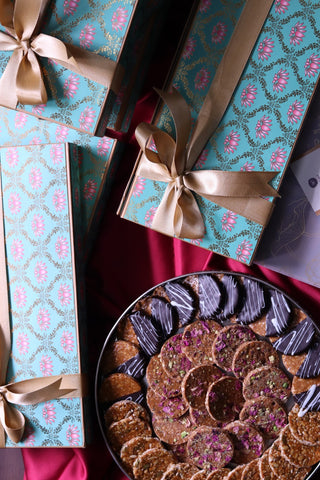
When you say festival & celebration in India, it includes sweets for sure. In India on 15th August and 26 January, after the flag hoisting ceremony, sweets are distributed. It's a tradition that is alive for 7 decades. Now, 26th January is not limited to schools or government offices. Corporations and many organizations celebrate it with their employees. Companies keep patriotic clothing themes, quizzes, and games. Few companies held events with singing competitions, sports, dinners, etc. All kinds of celebrations have one essential thing in common- Sweets.

What are the sweets that are distributed at National Festivals?
Kesar Jalebi- Traditionally Jalebi is distributed everywhere after flag hoisting events. It’s a symbolic gesture of sharing the sweetness of independence. In many places in India, Jalebis are distributed in entire villages on the occasion of national festivals.
Motichur laddus- Like Jalebi, Motichur or Boondi laddu is a traditional sweet for national festivals. In many places, especially in corporate & government offices, they prefer Motichur laddus over jalebi. It’s a sweet that is loved by everyone and rooted in our cultural heritage.
Khajur-Anjir Barfi- Especially on 26th Jan, sweets made from Dates, Anjeer, and dry fruit are distributed and it comes in the winter season.
Dry fruit-based sweets: They are popular as they are healthy to eat. It also looks esthetic to your VIP guests. People have started choosing sugar-free gourmet sweets rather than sweets made of refined sugar.
For example, Roasted Kaju-gulkand Lauj instead of Kaju Katli
Firni- In north India, Rice kheer or Rice pudding known as Firni is a famous dish that is served in national festival celebrations. It’s a sweet very delicious and heavy dessert.
Nowadays, all the sweetshops, cloud kitchens, and gourmet restaurants prepare specialties for each festival. For Republic Day, sweets and desserts made in tricolor are prepared to attract shoppers.
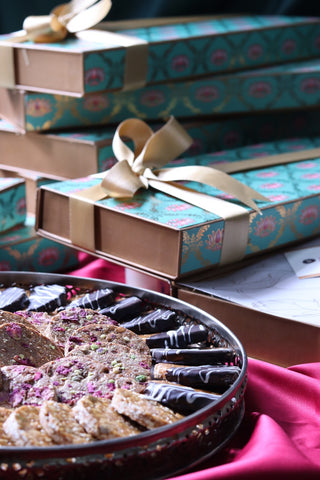
Celebration and sweets are a forever connection that is widely cheered in Indian festivals. National festivals are no different. It is a celebration of one of the world's largest democracies and the independence and sovereignty of the Indian people. Also, it's a great occasion to give tribute to our brave soldiers. Celebrate national festivals with friends and family to enrich patriotic values. Share sweet amongst family or Gift Sweet-boxes to loved ones and Share the sweet bond of togetherness in free India.
Happy Republic Day!

